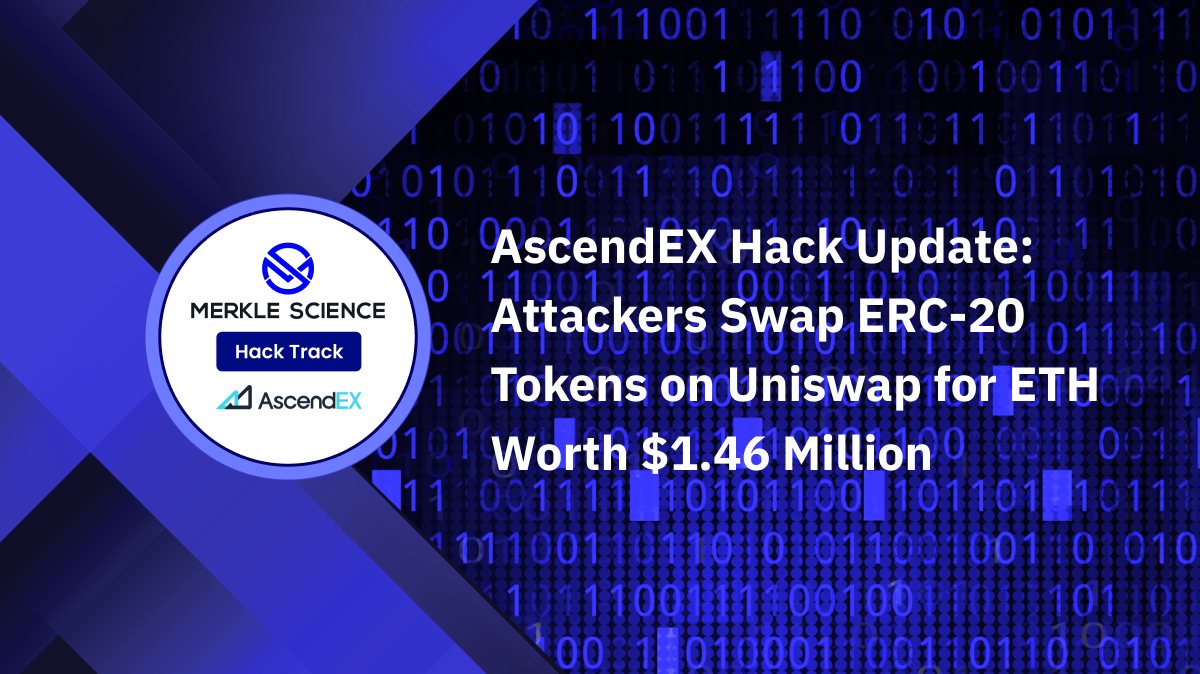[Update 2022.04.18]
On April 14, 2022, the U.S. Department of Treasury’s Office tied the North Korea-based hacking group, Lazarus, to the Ronin Network exploit. The Office of Foreign Assets Control (OFAC) added an Ethereum wallet address (0x098B716B8Aaf21512996dC57EB0615e2383E2f96) associated with Lazarus to its sanctions list. The sanctioned wallet address contains funds stolen in the Ronin security breach. At the time of the publication, the wallet holds 138,433.136 ETH valuing close to $402 million. The Ronin Bridge was exploited for 173,600 ETH and 25.5 million USDC, worth around $568 million at the time of the transaction.
The North Korean state-sponsored Lazarus group, has been associated with several major cyberattacks over the years, including a 2014 hack on Sony Pictures and the 2017 WannaCry ransomware attacks. The OFAC first imposed sanctions on Lazarus and two of its sub-groups Bluenoroff and Andariel in September 2019. In the announcement, the U.S. Department of Treasury stated Lazarus and its sub-groups are controlled by North Korea’s primary intelligence agency, the Reconnaissance General Bureau (RGB).
In its official update, the Ronin Network confirmed that the FBI has linked Lazarus to its validator security breach. Additionally, the Ronin Network also stated that it is “still in the process of adding additional security measures before redeploying the Ronin Bridge to mitigate future risk.” The bridge is expected to be deployed by end of April.
Around $568 million worth of crypto has been stolen from the Ronin Network, the blockchain underlying the popular crypto game Axie Infinity. The amount lost is calculated based on the ETH/USD price conversion rate on the date of the transaction — March 23, 2022. On March 29, 2022, Sky Mavis, the creator of both Ronin and Axie Infinity, reported that the Ronin bridge had been exploited for 173,600 Ethereum (ETH) and 25.5 million USDC












